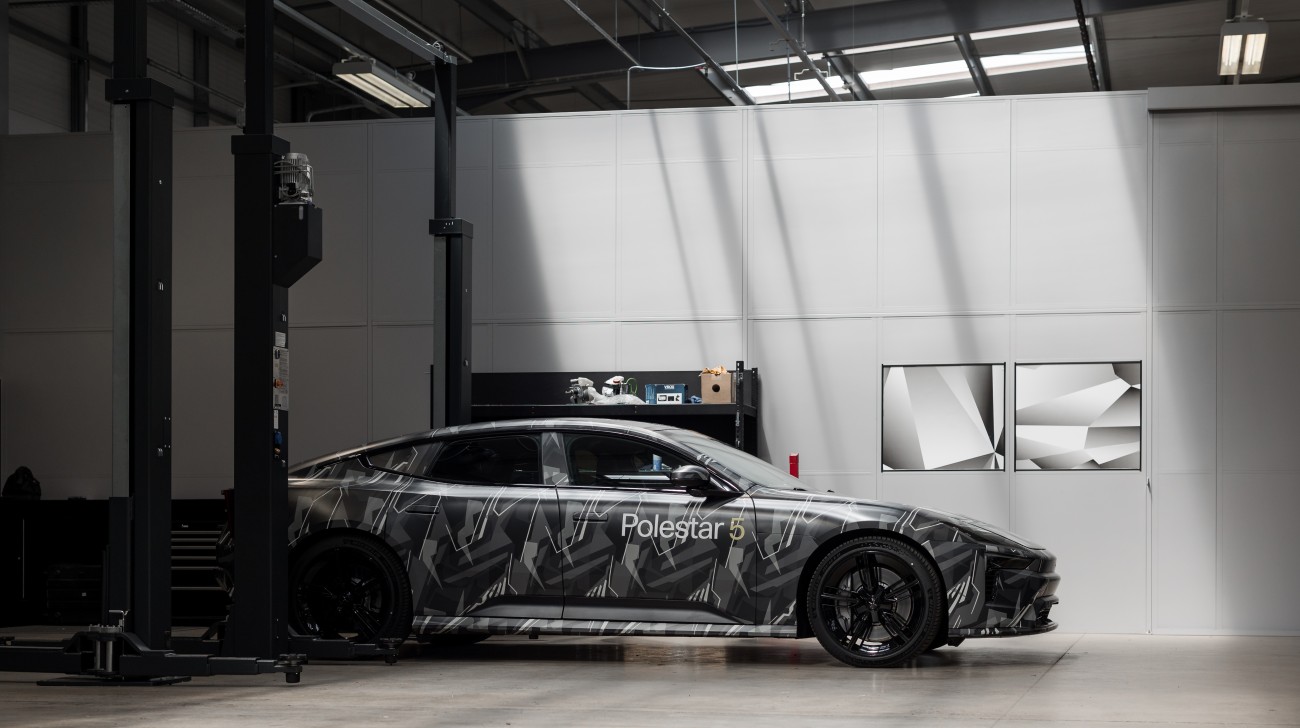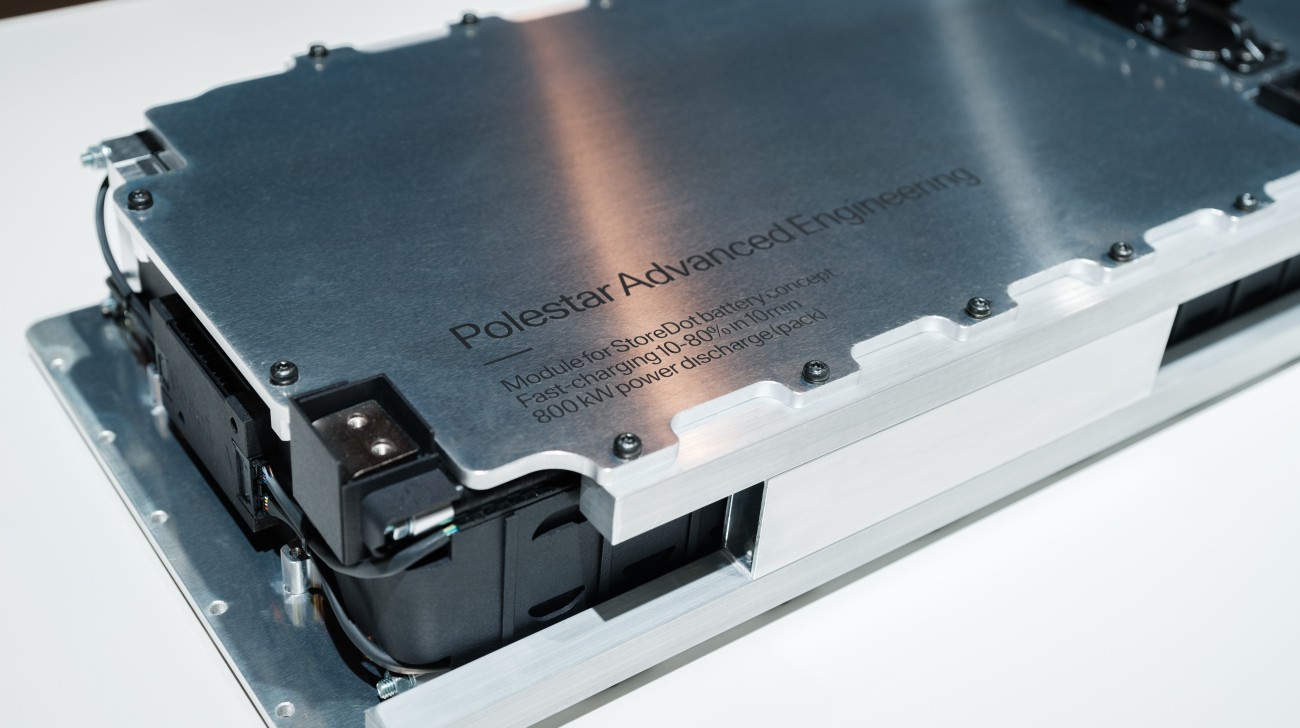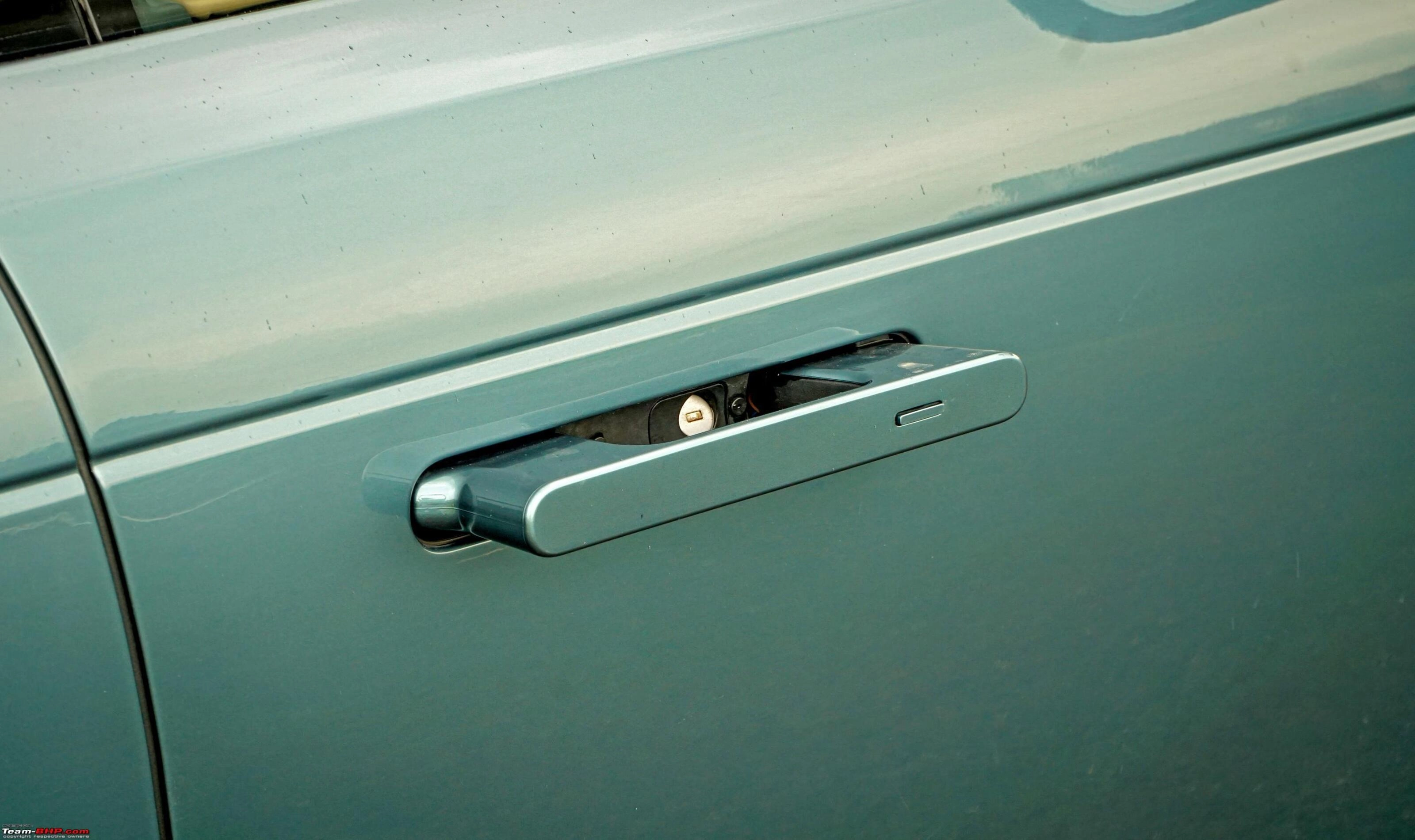EV Marker Polestar has unveiled a technology in their cars that lets the charging speeds hit as high as 370 kW when charging the Polestar 5 Prototype. Electric vehicles are touted as the future of transport, replacing ICE-powered vehicles. One barrier to the users' skepticism about this transition is the high charging times and range anxiety associated with EVs. Polestar has made a stride forward with this upgraded tech. Let's look at all we know about it:
What is the Technology Involved?
Polestar has developed this tech with the battery maker Storedot and named it Extreme Fast Charging (XFC). It makes use of silicon-dominant cells to charge at considerable speeds without harming the battery. Polestar has also upgraded the mechanics and cooling to further reduce weight. The cells involved here are lighter and more recyclable than the general EV batteries. If Polestar can implement this tech in their Polestar 5 when their market launch is planned, then it would become the fastest-charging EV in the world.
More Stable Charging
Polestar has claimed that the technology also leads to an improvement in the charging speed consistency. Their tests have returned a stable charging rate of 310kW with a peak of 370kW. This 370 figure peaks even the 350 kW figure offered in the Lucid Air. Suppose the numbers quoted by Polestar are to be believed, in that case, this will add about 322 kms by using a 77kWh battery in 10 minutes. This technology will also be used on the brand's planned larger 100kWh batteries, which they intend to use.
What did the CEO Say?
Polestar's CEO believes this technology would help overcome the time-consuming charging the public conceives as one of EVs' most significant shortcomings and prevent their conversion from petrol or diesel cars.
He also said that time is one of life's greatest luxuries, and as a manufacturer of luxury electric performance cars, they want to take the next step to address the biggest barrier to EV ownership: charging anxiety. He added that with the new technology, drivers would be able to spend less time charging and would be back on the road faster than before on longer journeys. He added that the stop time would be more akin to what drivers experience with a petrol car today.





.webp)

.jpg)